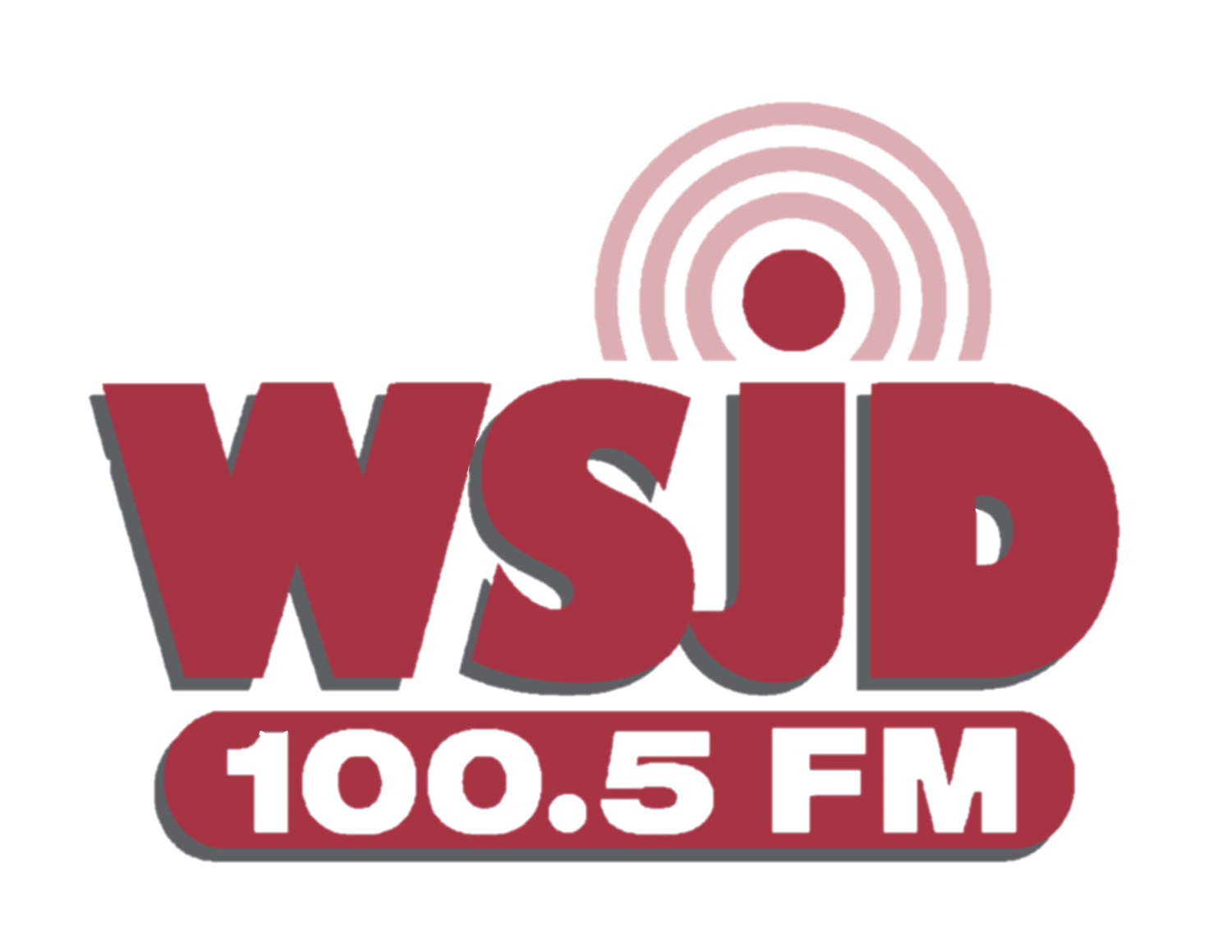Two weeks to slow the spread has turned into a full year, and government policies in response to the COVID-19 pandemic are having lasting impacts on Illinois businesses and landlords.
On March 16, 2020, Gov. J.B. Pritzker closed restaurants and bars to indoor service. Over 12 months, he’s flipped the on-off switch several times with executive order and emergency rules limiting business activity.
“[T]he governor extended his state of emergency power by delivering executive order after executive order—a total of 76 times, shutting down our economy and making massive public health decisions without the inclusion of the legislature or the communities we represent,” said Illinois Senate Minority Leader Dan McConchie.
Those orders included a more-than-two-month stay-at-home order that began March 21, 2020. On April 17, 2020, Pritzker ordered public schools closed and prohibited sporting events for most of the year.
The impacts of the governor’s orders were apparent as shown in the state’s massive unemployment spike last spring. The effects linger. Some estimate one-in-five restaurants in Illinois are closed for good.
Pritzker still has restrictions at 50% capacity for indoor dining, as part of Phase 4 of his five-phased COVID reopening plan released in May.
At Springfield restaurant Westwoods Lodge, owner Mick Wanless said some people ask if 50% capacity is better than nothing.
“It’s a lot better, but my bills are still 100%,” he said. “Some people just don’t get that, you know.”
Even with the 50% capacity, Wanless said increased and sustained unemployment benefits may be keeping potential employees away. This, while the employers are inundated with continued edicts.
“We get these rules, we get them from the city, the county, the state and the federal, so we get something that says ‘you‘ve got to wear this, you’ve got to be this far apart,’ it’s coming from four different entities,” Wanless said.
Despite rising vaccination rates and low COVID-19 positivity rates, Pritzker hasn’t provided clarity for when restrictions will be relaxed. He’s raised concerns over COVID-19 variants, which Illinois reports 98 in the past five weeks.
Also, with a year in, landlords are still having to pay property taxes while their tenants go rent-free, and some property owners are at their wit's end.
Loretta Facchini, a retired hospital worker, said she saved throughout her career to buy one investment property in Lake County she could rent out to supplement her Social Security. Before the pandemic, she was owed back rent.
“And I was about to evict them, I got a lawyer, and then that’s when [then-President Donald] Trump and Pritzker put on the eviction moratorium and it’s over a year that I haven’t received a penny,” Facchini said.
Facchini said despite not getting any rent from tenants because of the government-imposed eviction moratorium, she still pays thousands in property taxes and insurance on the home in Lake County.
It’s a mixed bag across the state whether counties are delaying property tax payments, delaying owed interest, or not delaying filing deadlines at all.
There are other landlords in her shoes, Facchini said.
“And it’s not people that have hundreds of rentals, I only have that one house that I’m renting out,” the soon-to-be 71-year-old said. “I’m losing everything.”
She says she’s owed $60,000 from the past year from her tenants.
A COVID-19 bill Congress passed last year sent $834.7 million in federal taxpayer-funded financial assistance for Illinois renters and landlords, but that money is still in limbo. The Illinois House Development Authority says it will administer funds “this spring.”
“In most cases, payment will be made directly to the landlord,” the Illinois Housing Development Authority says on its website, noting an “anticipated launch date of April 2021.”
“The COVID-19 pandemic has devastated our families and businesses in Illinois,” McConchie said Friday. “We must learn from this horrible situation and improve our governing process to allow for more seats at the decision-making table to reach better outcomes.”
McConchie has Senate Bill 103 that would require the governor to get legislative approval for consecutive 30-day emergency declarations and executive orders.
